Australia’s Family Law system pertains to familial and domestic relationships and asset disputes that occur within the home. This includes married couples, de facto partners, parents and partners that have separated.
With this blog, we break down what to expect and attempt to summarise how best to navigate the Family Court process.
About The Family Court In Australia
On September 1 2021, the Federal Circuit and Family Court of Australia was established to bring together two courts in an effort to make the Family Court process more efficient. The only other Family Court that exists in Australia is the Family Court of Western Australia.
Both of these courts can be contacted directly and you can learn about each of their fees on their respective websites. You will also need to front the costs for your legal practitioner’s fee unless you have elected to represent yourself.
Before Applying To The Family Court
The Family Law system in Australia encourages people to seek alternative dispute resolution or mediation solutions before going through the Family Court. This means that parties should participate in attempting to create their own arrangements for the issue at hand.
Solutions could be anything from living agreements to parental visitation rights. Evidence of alternative dispute resolution must be shown to the Family Court unless urgent or violent circumstances mean you are unable to.
The other exception to the rule of seeking alternative resolution is if you’re making arrangements for the division of finances and property.
What You Need To Know About Attending Family Court
There are several resources available to help you navigate the Family Court process that are specific to your needs.
These resources include exploring the Federal Government and the Federal Circuit and Family Court (or Family Court of Western Australia) websites, where you can find links, forms, and contact points for family hotlines.
The types of court events you are likely to participate in once you’ve commenced your family law process include:
First Court Event
Usually set four to eight weeks after the initial filing, this court event is the initial hearing where the judge hears from all parties to determine the best course of action. Evidence, expert reports and valuations might be requested, and interim parenting or financial orders may be imposed by the Judicial Registrar.
Dispute Resolution
Dispute resolution can take place at the court during the family court process, or externally through a media or legal practitioner. You may choose to do this with your partner or separately.
Dispute Resolution Conference
In a dispute resolution conference, a Judicial Registrar with the assistance of a Court Child Expert aims to resolve parenting disputes.
Conciliation Conference
A conciliation conference aims to resolve financial proceedings which are mediated by a Judicial Registrar.
Judicial Settlement Conference
A judicial settlement conference is mediated by the Judge in a private setting with both parties. These conferences are a last resort but may be ordered by the court if previous resolution attempts are unsuccessful.
Final Hearing
The final step of the family court process is a final hearing where the Judge comes to a decision regarding your case. If not issued on the day, the final verdict will be determined within three months of the final hearing. The final hearing can last one or more days, depending on the complexities of your situation.
Are You Preparing For The Family Court Process?
The court process can be confusing, especially at overwhelming times in your personal life. That’s why it is important to seek professional legal advice as soon as you are thinking of considering applying to your family court and starting alternative dispute resolution.
Emerson Family Law are experts specialised in all fields of Family Law, and can help you navigate the family court process from beginning to end.
Contact us with questions or if you’re interested in acquiring legal representation by making an enquiry online or calling (07) 3211 4920.



